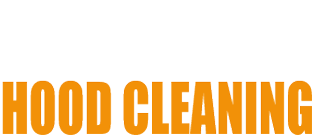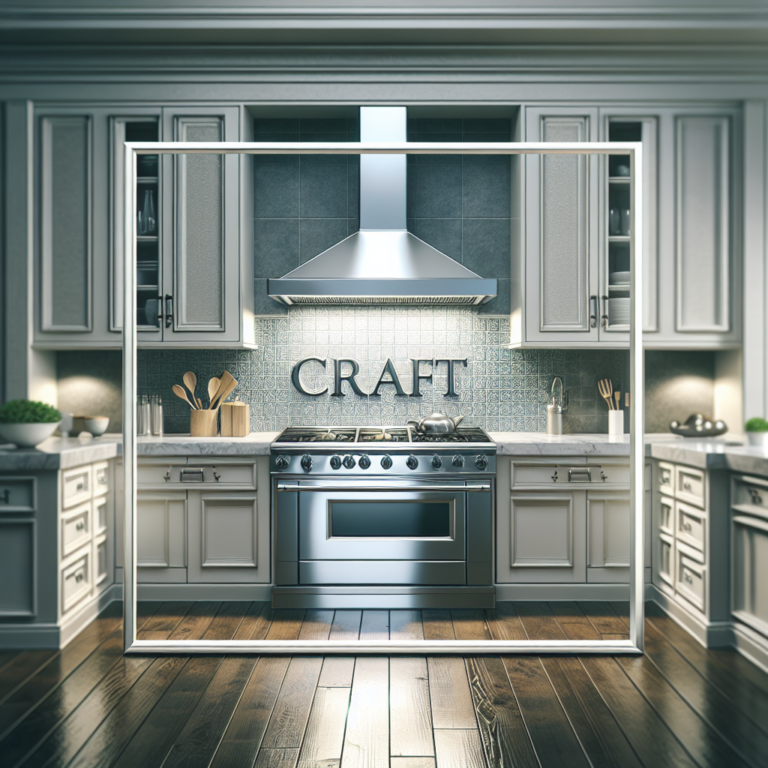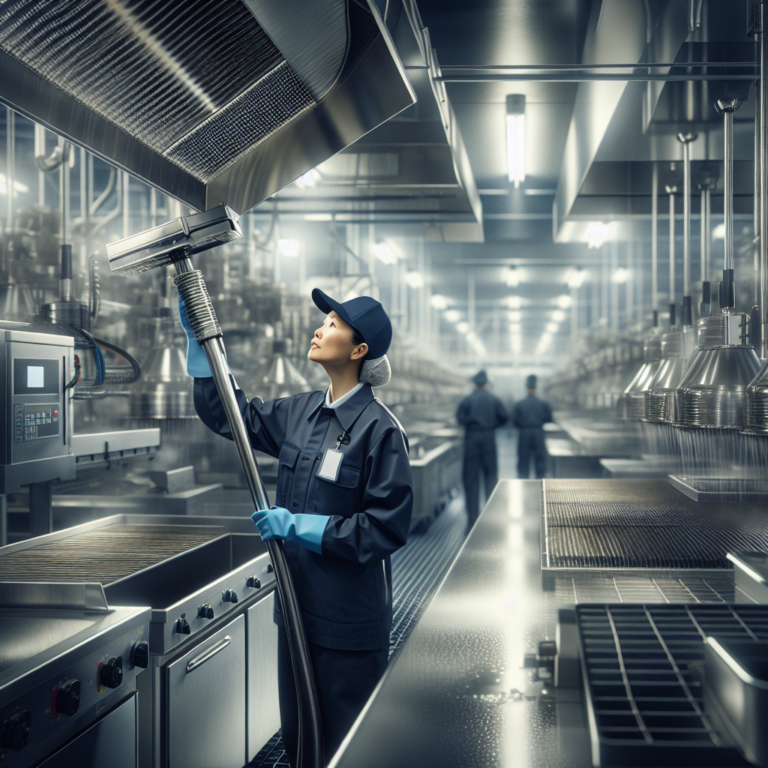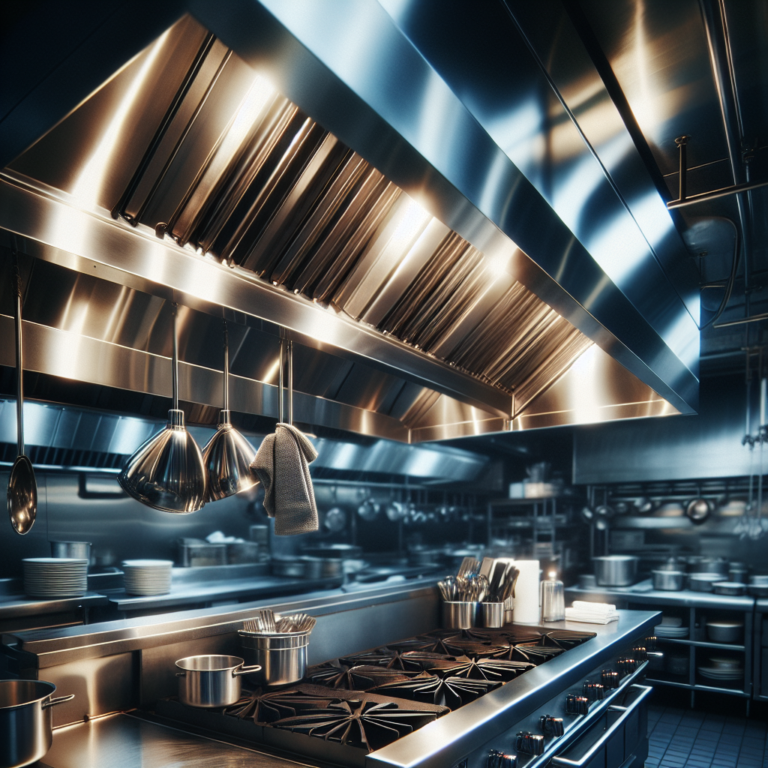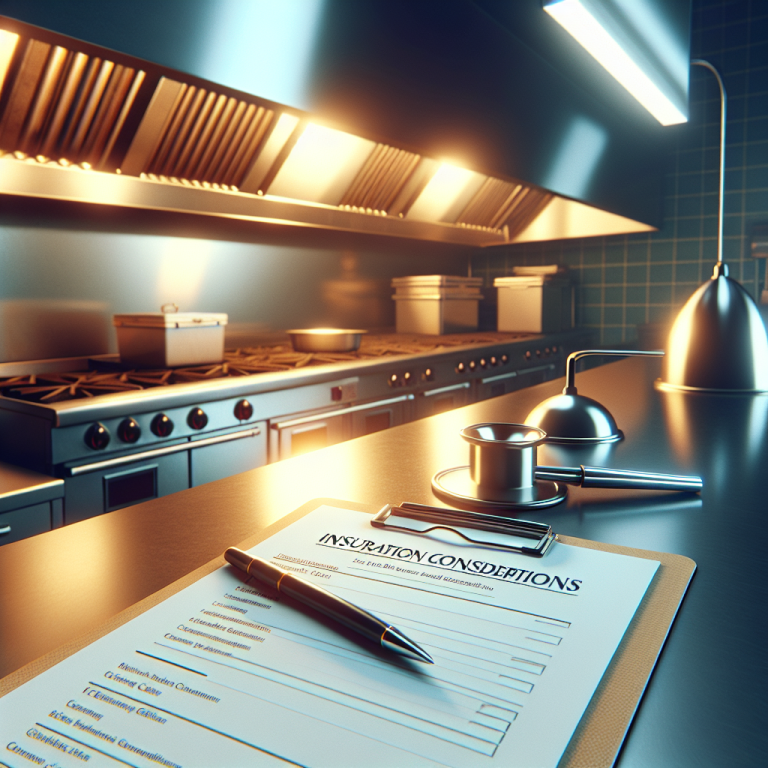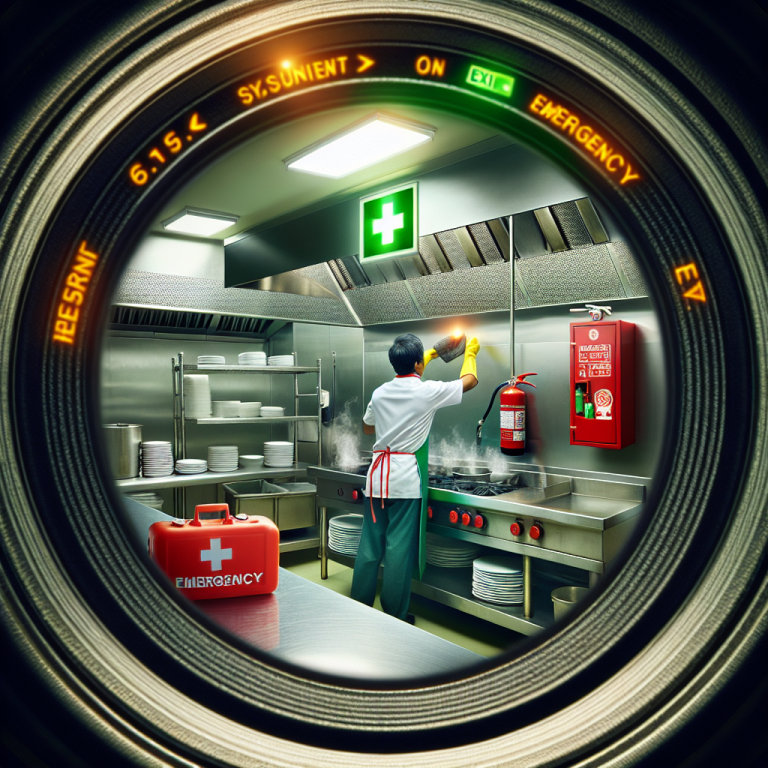Understanding Local State Federal Hood Cleaning Regulations for Compliance
Navigating the Maze of Hood Cleaning Regulations
For any restaurant owner, the journey to understanding hood cleaning regulations can feel like navigating a complex maze. With various layers of local, state, and federal laws, it’s crucial to remain compliant, not only for the safety of your establishment but also to avoid penalties that can hit your bottom line. In this blog post, we’ll break down the essentials of hood cleaning regulations, especially focusing on what restaurant owners in Denver should keep in mind.
Understanding the Basics of Hood Cleaning
Before diving into the regulations, let’s clarify what hood cleaning entails. Restaurant hood cleaning, often referred to as exhaust hood cleaning, is the process of removing grease, flammable residues, and other contaminants from a commercial kitchen’s exhaust hood, fans, and ducts. This is a critical aspect of maintaining a safe kitchen environment because it significantly reduces the risk of fires.
Local Regulations: The Initial Layer
In Denver, like many cities, local health departments set specific standards for restaurant establishments. These regulations often detail the frequency of required cleanings and the standards that must be met. Failing to adhere to these requirements can lead to citations, fines, or even shutdowns. Usually, restaurants are expected to clean their hoods quarterly, but this can differ based on the type and volume of cooking.
- A casual dining restaurant with moderate grease production might only need bi-annual hood cleanings.
- A high-volume establishment like a barbecue joint might require monthly cleanings due to heavy grease output.
State Regulations: Diving Deeper
The state of Colorado provides an additional layer of regulations aimed at ensuring fire safety and public health. These regulations may cover everything from the types of hood cleaning chemicals that can be used to the certification requirements of a cleaning company. Ensuring compliance with state regulations is crucial, as violations can result in serious penalties.
It is advisable for restaurant owners to partner with licensed Denver hood cleaning companies that are well-versed in state-specific regulations. Not only does this safeguard your establishment, but it also means cleaning is highly efficient and effective.
Federal Regulations: NFPA Standards
On the federal level, the National Fire Protection Association (NFPA) sets forth guidelines that have been widely adopted across the United States, including in Denver. The NFPA 96 Standard outlines the minimum fire safety guidelines regarding kitchen exhaust systems. Key components of these standards include:
- Regular cleaning intervals based on the type of cooking operation.
- Proper training and certification for individuals performing the cleaning.
- Applying the necessary fire preventative measures, such as installing automatic halon systems.
Compliance with NFPA 96 is non-negotiable—not only for safety but also because insurance companies often require it to maintain coverage.
Why Compliance Matters
Compliance with hood cleaning regulations isn’t just about avoiding fines or closures. Regular commercial kitchen hood cleaning protects your investment by prolonging the life of your kitchen equipment and minimizing fire hazards. Furthermore, a clean and well-maintained system makes for a more pleasant working environment, lowering stress and improving morale in the kitchen.
How to Stay Ahead
Staying ahead of the regulatory curve involves more than just scheduling regular cleanings. Here are some practical tips:
- Regularly inspect your hood systems to identify potential issues early.
- Maintain meticulous records of all cleaning activities to present in case of a surprise inspection.
- Partner with a reputable Denver hood cleaning service that understands the nuances of local, state, and federal codes.
- Attend industry workshops or training to stay updated on any changes to the regulations.
Choosing the right hood cleaning service can relieve much of the regulatory burden from your shoulders. These experts can offer advice tailored to your specific restaurant needs and ensure that cleanings are done to code. When opting for a service provider, it’s advisable to choose a company with certified technicians and solid industry reputation.
The Bottom Line
Navigating the maze of hood cleaning regulations requires a keen understanding of local, state, and federal laws. By staying informed and working with a trusted restaurant hood cleaning service, you can ensure that your establishment remains safe, compliant, and efficient. Remember, a well-maintained kitchen is not just about meeting legal standards—it’s about creating the best environment for your staff and your patrons.
